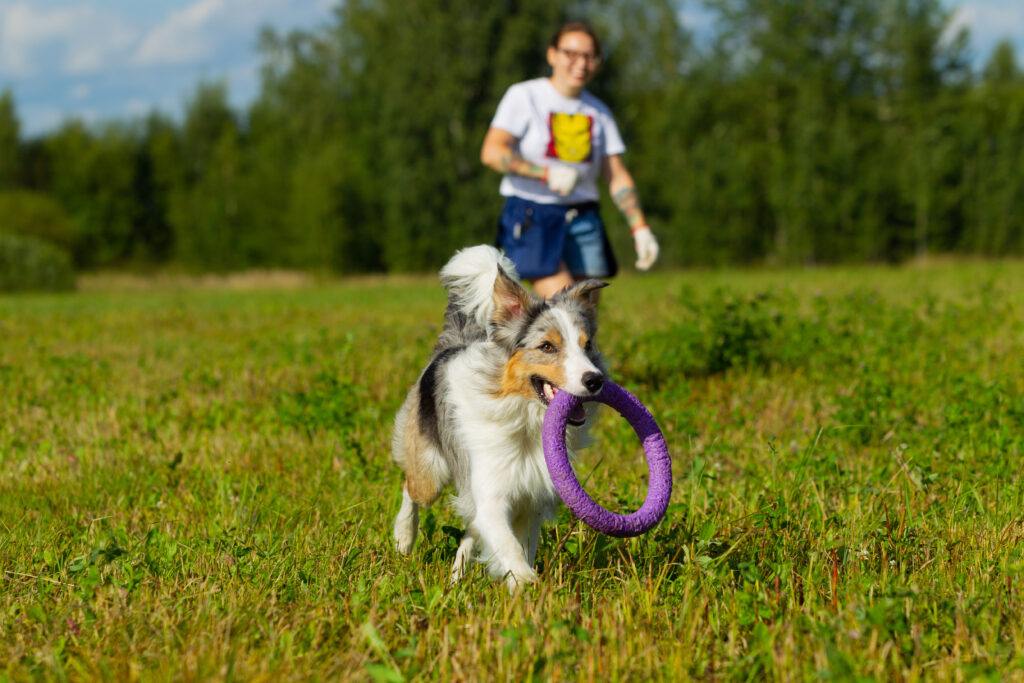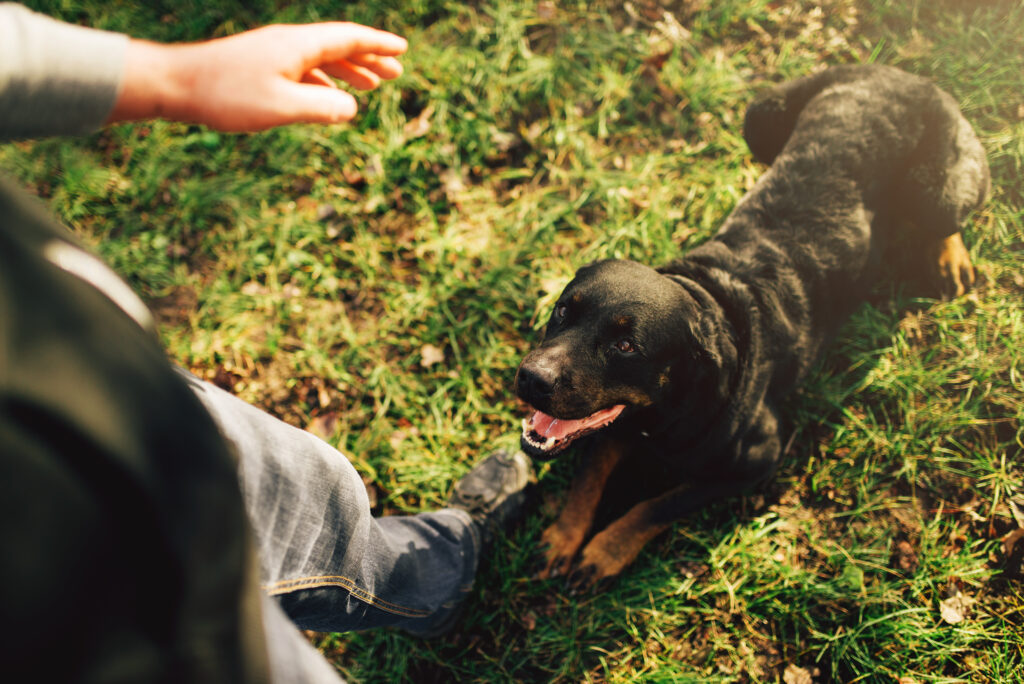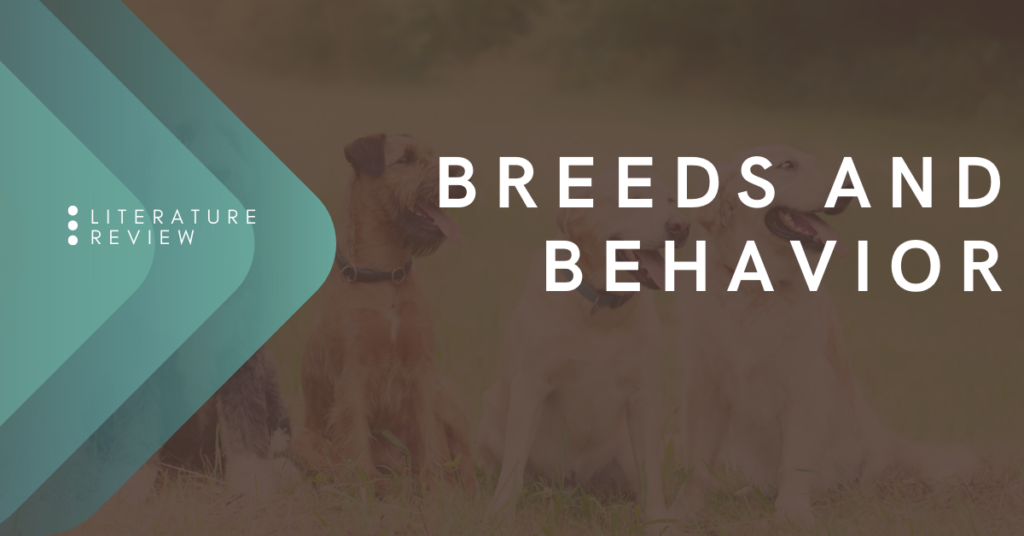Differential effects of oxytocin on social sensitivity in two distinct breeds of dogs (Canis familiaris)

This paper is included because it examines a possible mechanism – metabolizing of oxytocin – which could explain differences in social behavior among dogs and which may extend to such differences among people.
Exploring breed differences in dogs (Canis familiaris): Does exaggeration or inhibition of predatory response predict performance on human-guided tasks?

This study is included because it explores the question of whether predatory action patterns purportedly selected for or inhibited in working lines of various breeds might influence their performance on a test commonly used to measure social cognition.
Comparison of owner-reported behavioral characteristics among genetically clustered breeds of dog (Canis familiaris)

This study groups breeds by genetic clades, rather than by historical working functions or morphology, and through a dual culture approach, attempts to deal with the confounding effect of environment.
Breed differences in everyday behaviour of dogs

This 2015 Swedish correlational study used owner surveys to describe relationships between dog breeds and everyday behavior.
Breeds and Behavior: A Literature Review

“Breed differences” is a popular research topic in the study of canine behavior – it is superficially an easy concept for people to grasp and it makes for flashy headlines.
The impact of excluding food guarding from a standardized behavioral canine assessment in animal shelters

This study researched the impact of excluding food guarding from a standardized behavioral canine assessment in animal shelters.

